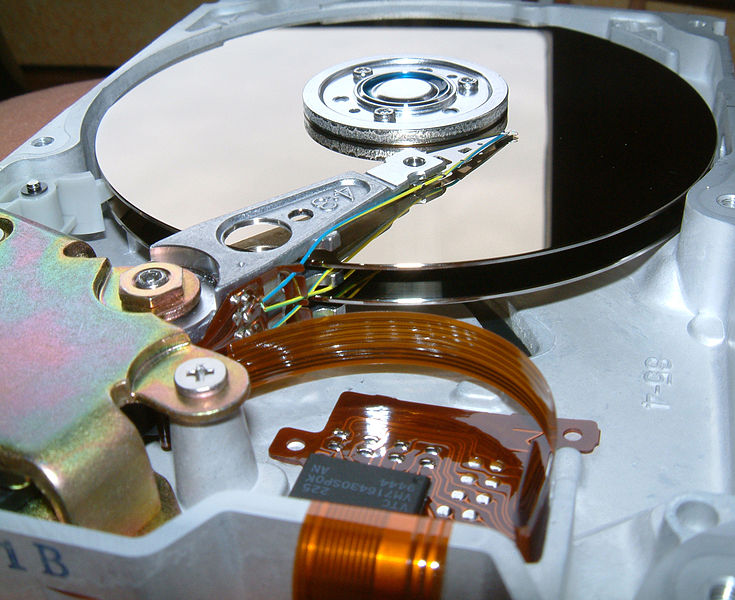This is just a short bit of advice for those of you working on new PC builds. As the industry's manufacturing processes advance, we eventually begin to see a disproportionate cost-to-performance or cost-per-GB ratio forming at the lower-end of a particular product type. In many ways, it's more expensive for a manufacturer to continue producing lower-end products; the fab or assembly processes change to accommodate new advancements, like higher density or more desirable high-frequency yield, so continued production of devices under the new bar is undesirable and often halted.
A great space to notice this in would be with hard drives. A 500GB HDD at $50 used to be the go-to budget build option, with 1TB often ranking about 2x the cost and 250GB hovering at a few bucks cheaper. Now, as disk manufacturers like Seagate have significantly increased per-inch density on the disks, we see $60 1TB HDDs take the price positioning of the former-staple 500GB HDDs. Now, as with the 250GB drives that they replaced, a 500GB drive costs just a few bucks less than a 1TB drive and are likely overstock.
RAM is a better example, though, because RAM manufacturers sometimes still produce lower-frequency components even if the yield of superior counterparts is largely identical. This can be for a number of reasons -- ongoing support is the main one, primarily in the business-client or
In speaking with
The lesson here, at least right now, is to stick to 1600MHz and higher for memory (best value) and 1TB and higher for most HDDs (again, best value). Saving $5 for a drive that's 2x smaller and potentially been on a shelf for several years just doesn't make sense. This applies to other aspects of the industry as well and ultimately boils down to an estimation of value by the purchaser.
- Steve "Lelldorianx" Burke.
